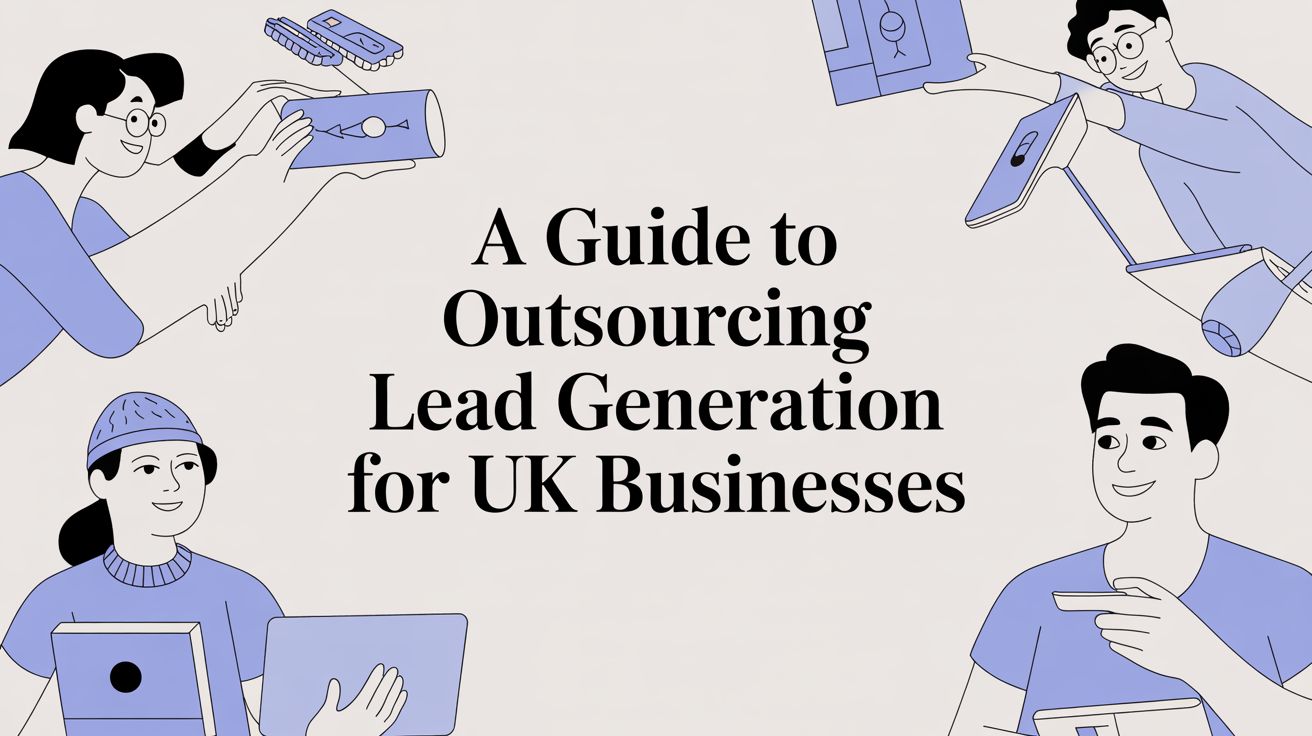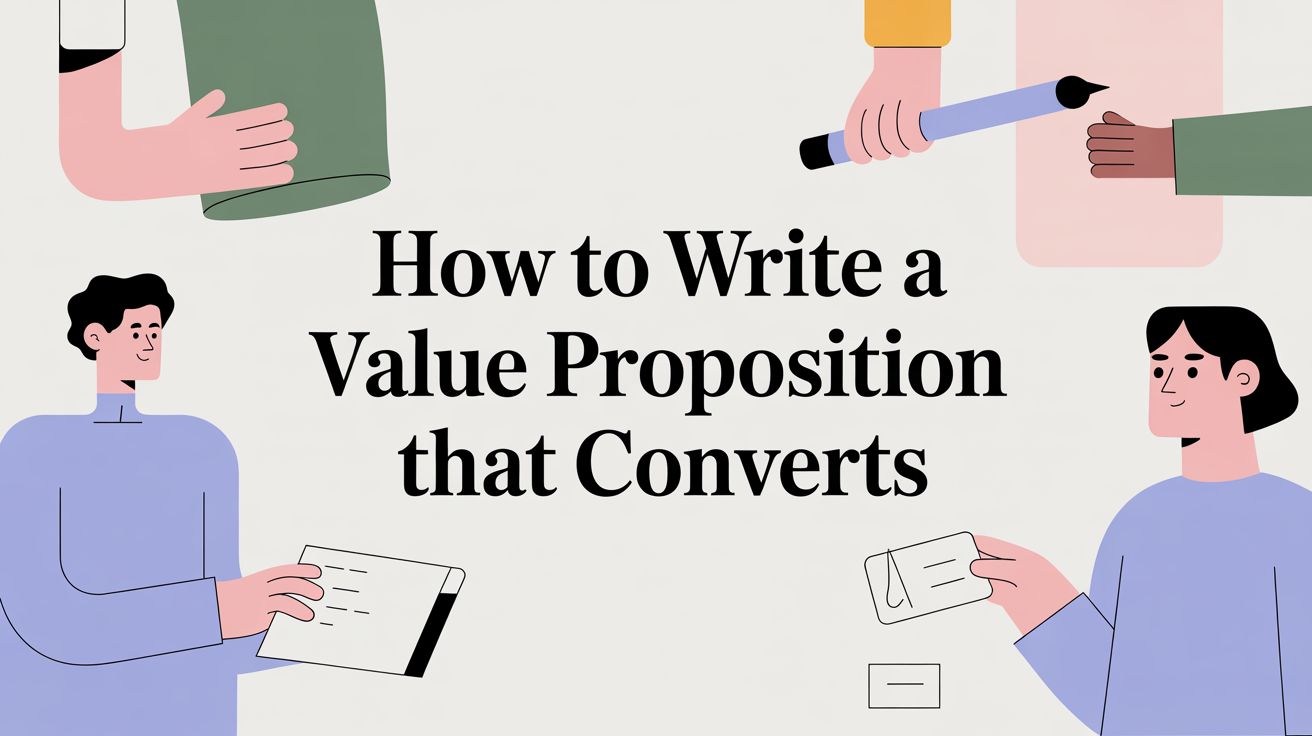Weekly marketing wisdom you can read in 5 minutes, for free. Add remarkable ideas and insights to your inbox, once a week, by subscribing to our newsletter.

Launching Your First PPC Campaign
So you have taken a look at our beginners guide to PPC, and now you are ready to launch your very first PPC campaign. PPC can really help to transform your traffic, and works really well alongside your organic traffic methods. In this article we will look at the steps you need to take to launching your first PPC campaign, and what you should be aiming to get out of it.
Google vs Bing Ads
Before starting your venture into launching a PPC campaign you need to decide which platform you are going to be using. The two platforms you will have to choose from is either Google or Bing. Both do the same sort of thing but do have some differences.
Google Ads is comprised of two advertising networks. The platform itself utilises a search network which means advertisers can create text ads that appear on search engine results. The other is a display network. This allows advertisers to create display ads that appear across a vast number of websites.
Bing Ads is owned my Microsoft and comprises of three search engines Bing, Yahoo and AOL. This means when you advertise on one platform, you actually advertise on them all.
Overall both platforms will work on your paid campaigns. Google is more popular of the two due to its name and association with paid advertising.
Let the Thinking Commence
Before diving head first into a paid advertising campaign you need to go through a thinking period to really drill down on what you are looking to achieve, and more importantly who you are trying to reach. You need to have a clear idea of what your audience is searching for, what your customers want and also most important how they are searching.
It is very easy to load a campaign into adwords, put a tonne of money in it and click ok. However without knowing the three points above you are not going to see any results or return on your investment. In this process as well you are going to be making a list of all the potential things your audience are looking for. This will eventually help to form your keywords list.
Use Some Keyword Tools
Once you have had some time to think about your customers, and potential keywords you now need to check them. Validating your keywords will help you to build your campaign. Google Adwords Keyword Planner is going to be gold dust to you at this point. You can use this platform to find out data, trends, cost per click and competitive data.
On top of the metrics mentioned, it will also give you a suggestion on what other keywords you may want to suggest using. If you have a list of keywords you may want to use you are also able to load them into this platform. Selecting a location will also help to narrow down the search. The data then shows how many searches there are per month, and also cost per click.
It is worth noting that at this point do not get rid of any of the keywords you are looking at. This is more to find out what is going to work best, and from here you can cherry pick what you want to use later on.
Structure and Organise your PPC Keywords
Once you have your keywords ready you need to organise them into related words. The closer the related words, the easier it is going to be to measure the performance. Consider search intent, and if someone searches for one keyword, what else associated will they look for. This is how you build a structure.
Know your Budget and Work Backwards
Budget plays a huge part in PPC as ultimately it is paid advertising. Your process up to now needs to be well implemented to increase your chances of seeing a good ROI. Setting out your budget early will help you allocate it to keywords that you may want to purchase.
The maths side of things needs to be done now to ensure that your budget is used in the most efficient way. Looking at keywords and knowing how much you can spend will help to keep the constraints to stop an advertising overspend.
Research the Competitors
Knowing who your competitors are, is as much of importance as knowing what keywords you are going to use, and also your audience. Knowing what your audience is doing can really help steer your campaign, and also provides good analysis points. You can take a look at words they may be using, and if it’s worth you taking them. Over bidding on words can mean it is hard for you to have an impact.
To get this information you can use a number of free tools, but SpyFu will show you in more depth which domains are currently engaging in that keyword campaign. If you see a lot of irrelevant domains, then it may be worth considering looking at a new keyword.
Write Better Ad Copy
Ultimately PPC is advertising your website, and the only snippet your audience will see is title, URL and small description. In these few words you need to capture your audience and get them to click on your link.
Ad copy needs to be engaging and straight to the point and that’s it. Think what is going to pull your audience in, and get them to click your link over the thousands of others in which they see. One thing to consider is your USP, do you know what it is? If you do great put it in the first few lines, and if you do not then figure it out. Using your USP sets you apart from your competitors and may help your conversion.
You are Set! Now what do I do?
You have completed all the steps above, so it is time to load all the words into a campaign. Select your keywords and the budget you want to spend and click go (there are more steps but you will see these when you do them). Monitor the campaign every few days, and assess if you need to change the words in your campaign. Tweak as needed.
To Conclude
As you can see launching your first PPC campaign can take time to set out, and planning is going to be your go to when looking to begin. Once you have done the process above you are then ready to launch. Making sure you stay within budget, and have the right keywords is what will see you achieve a positive ROI. Do note though keywords are trial and error, and may need to be adjusted throughout.





